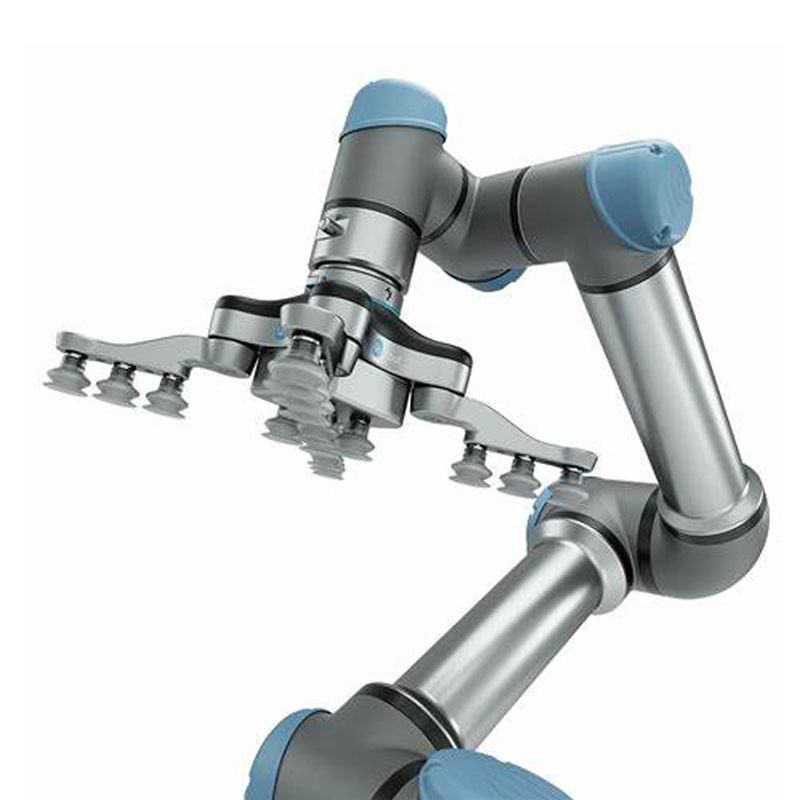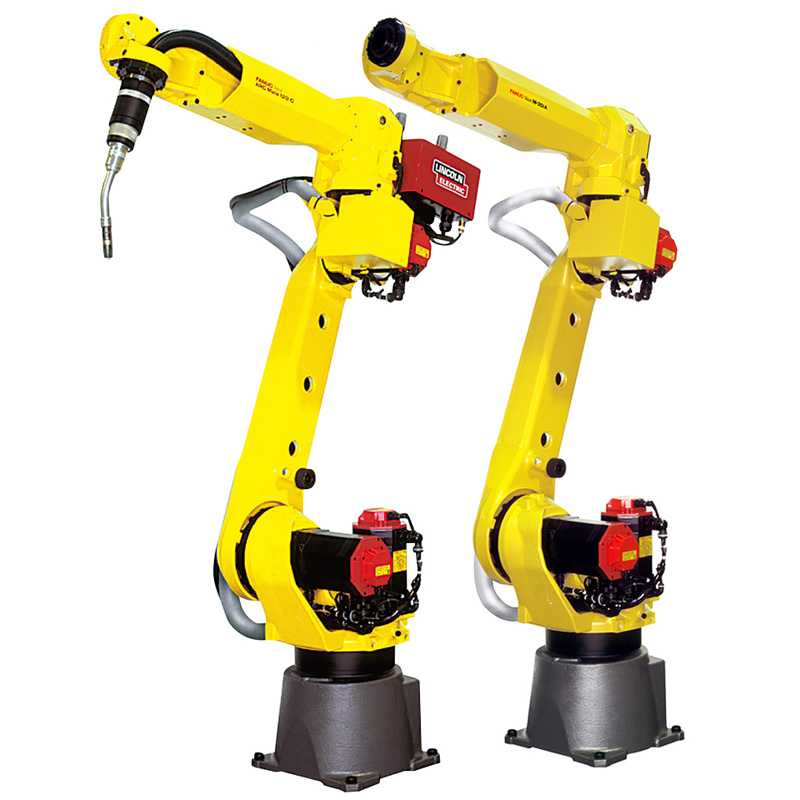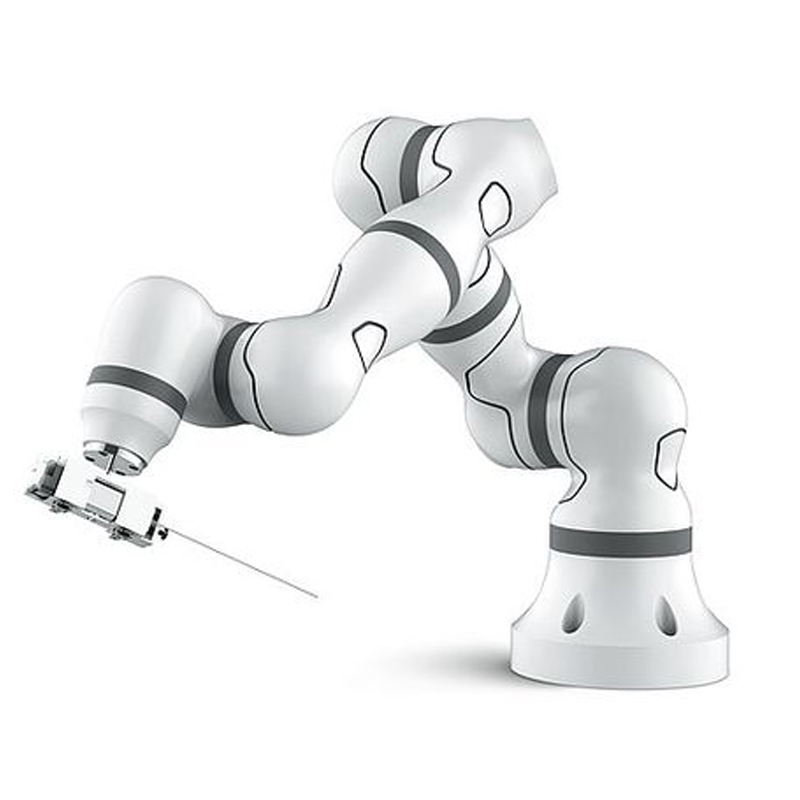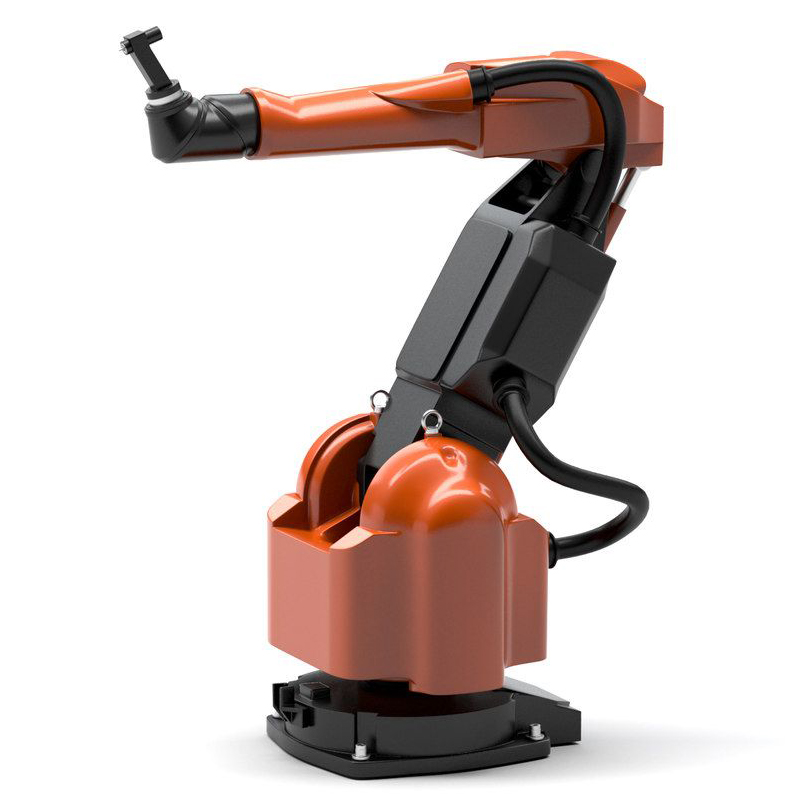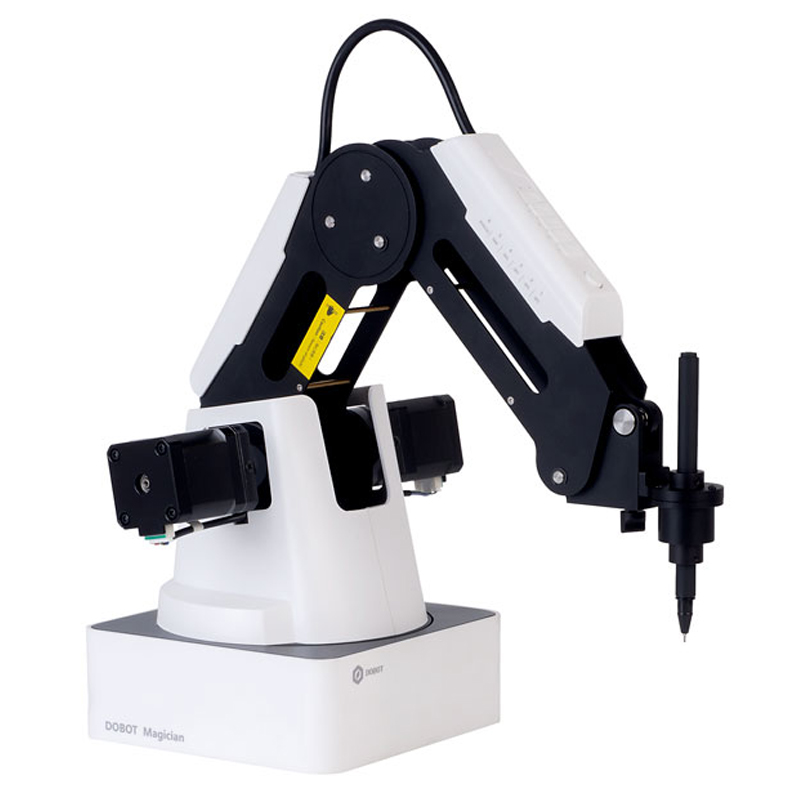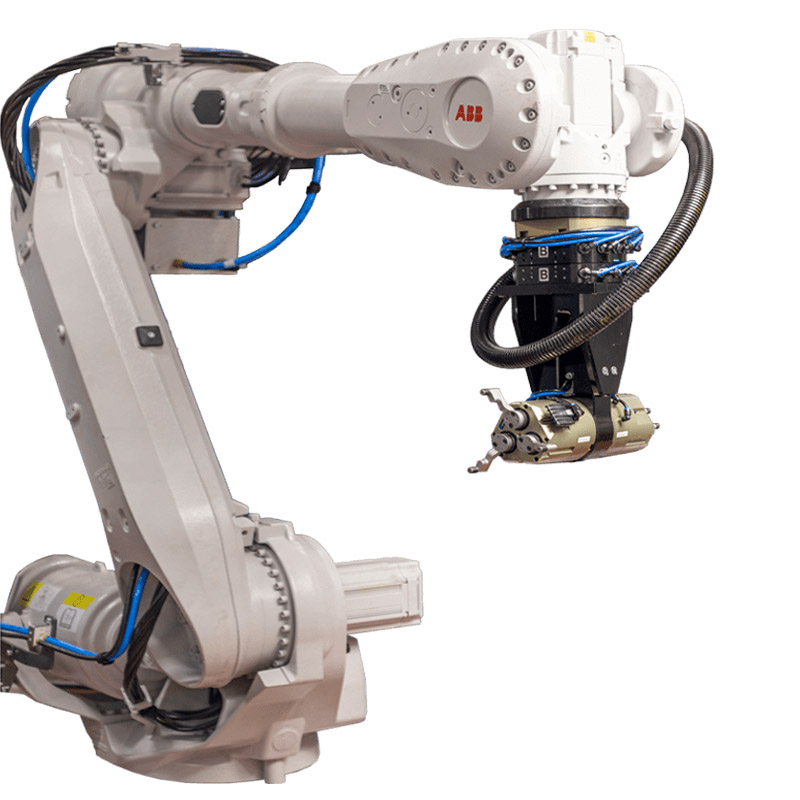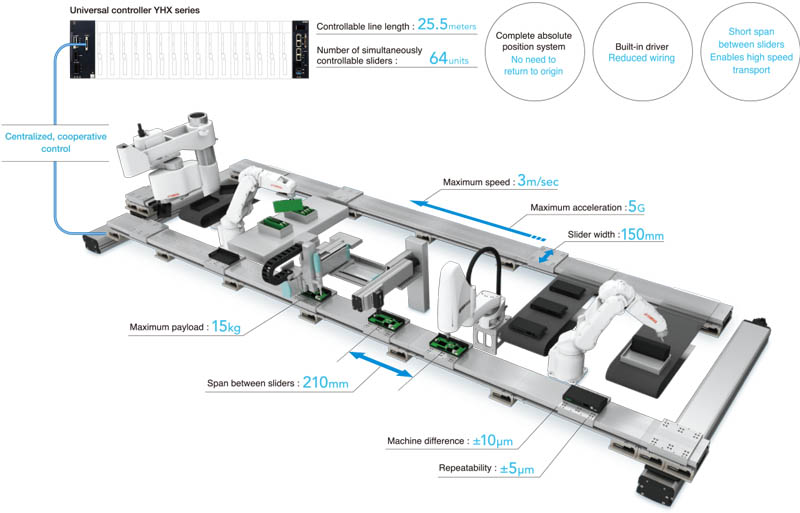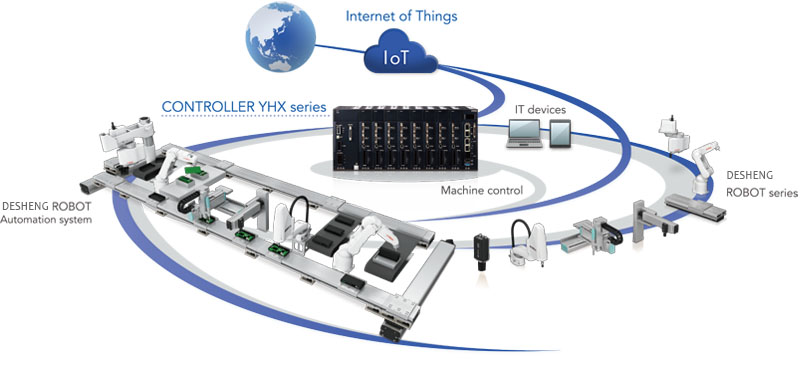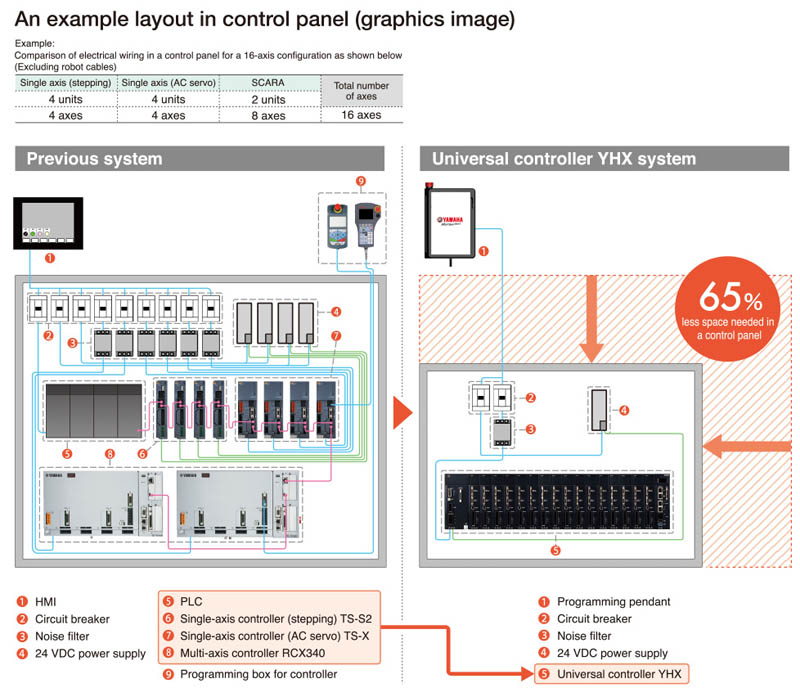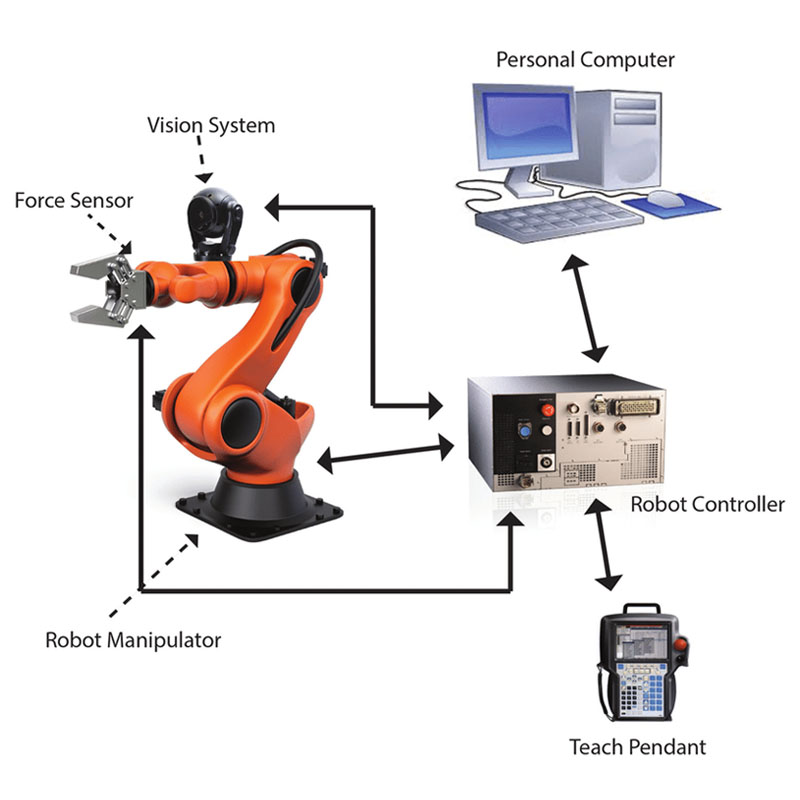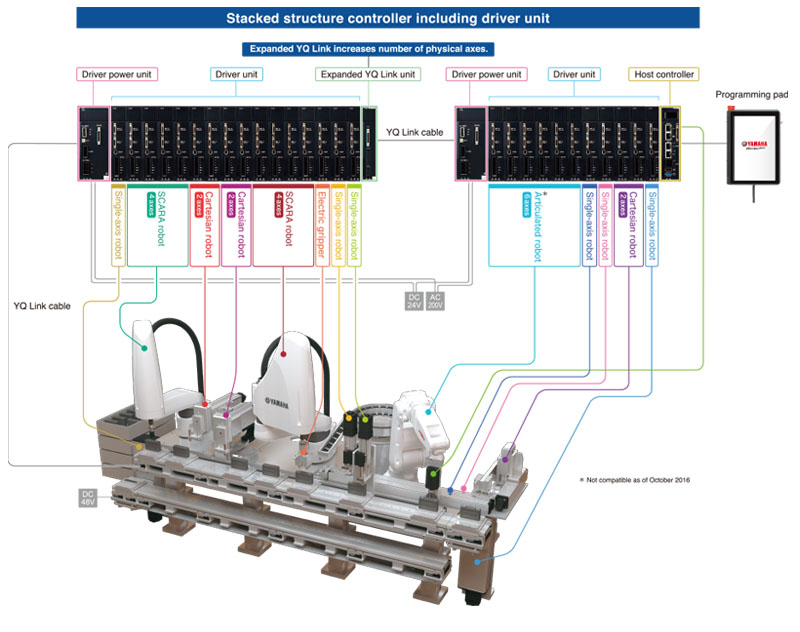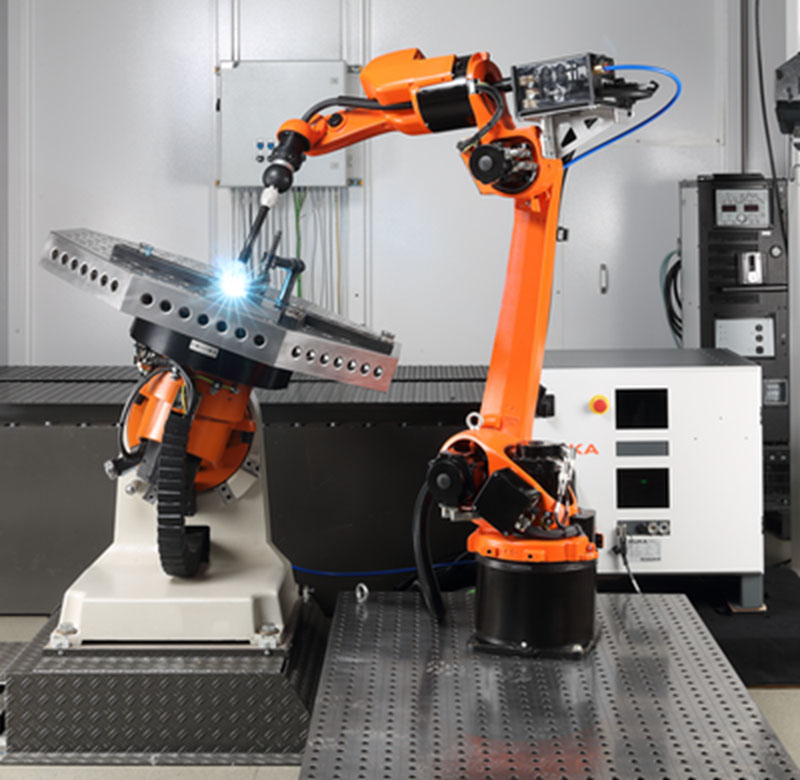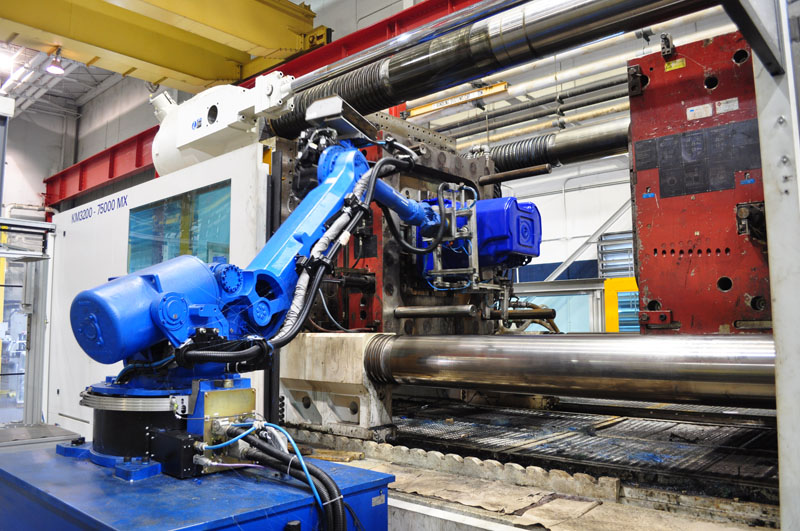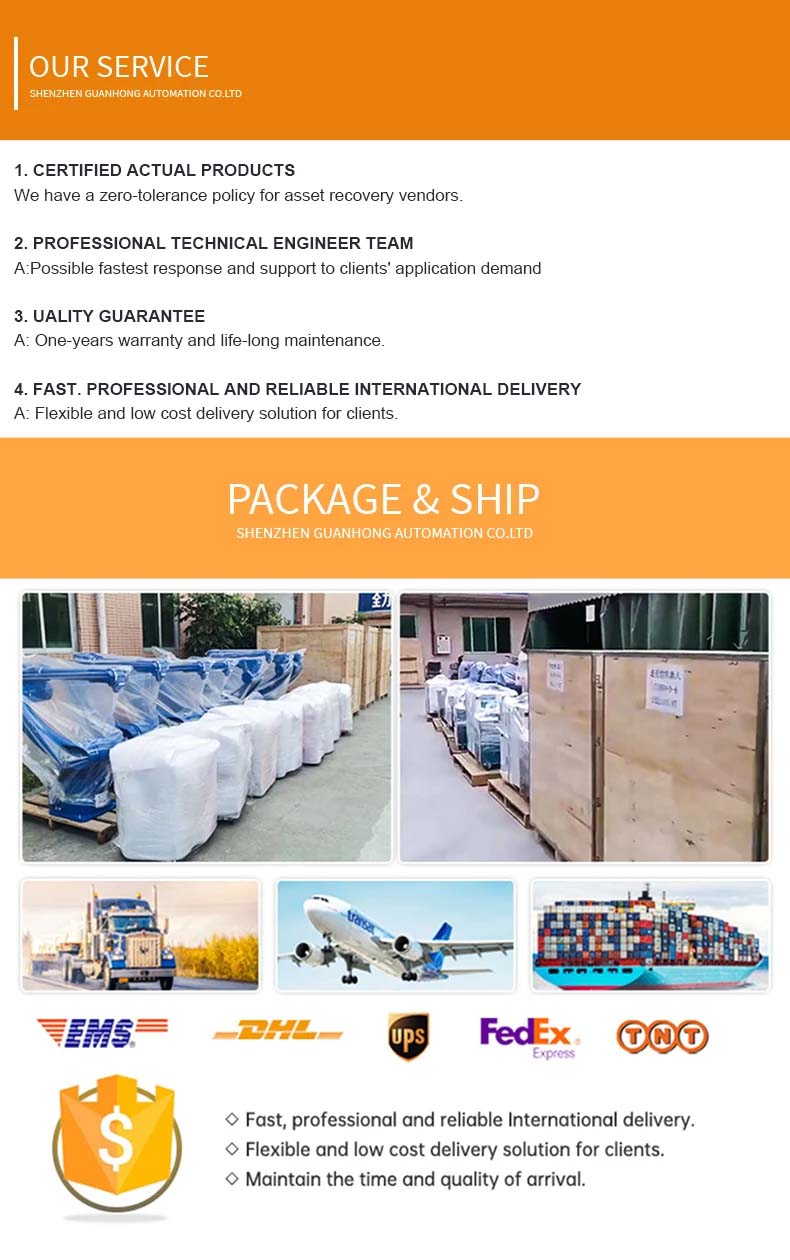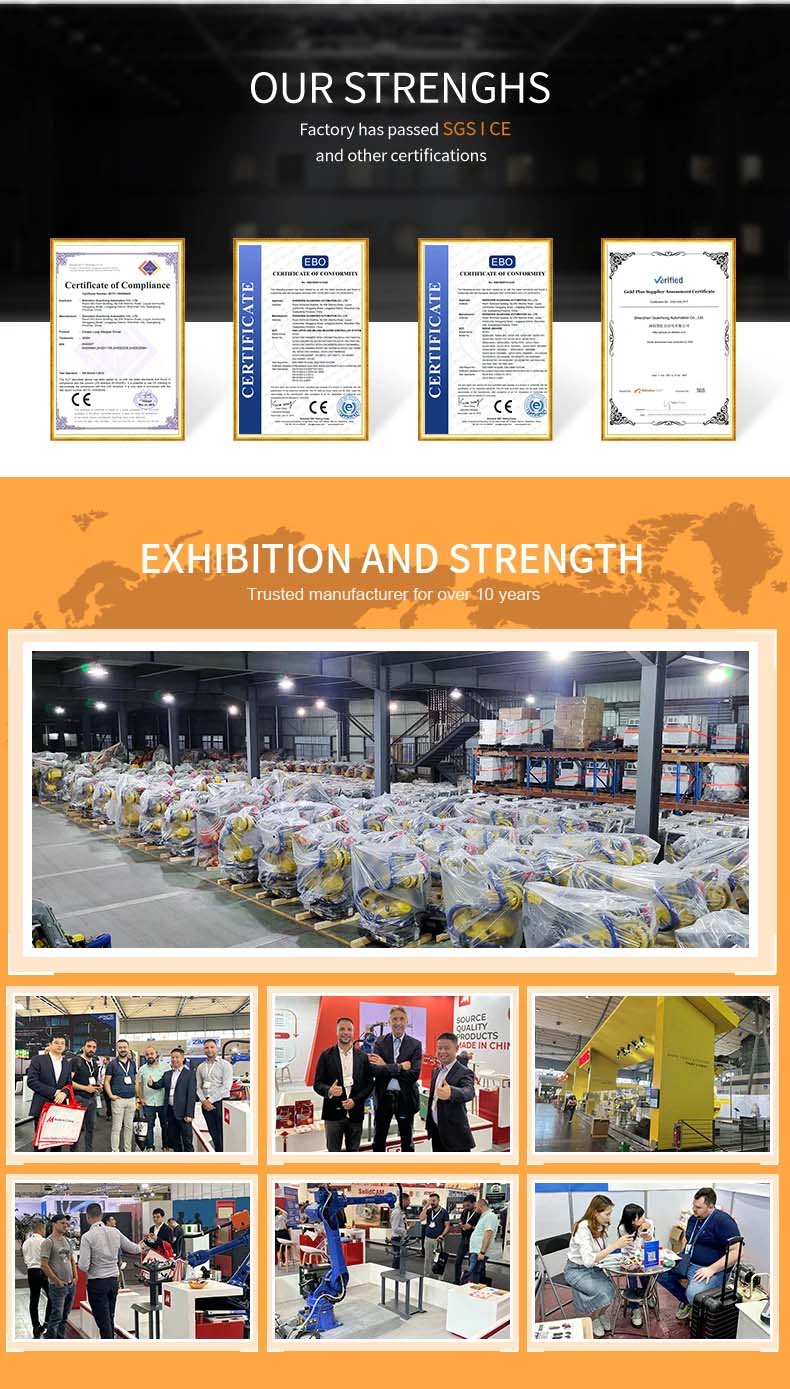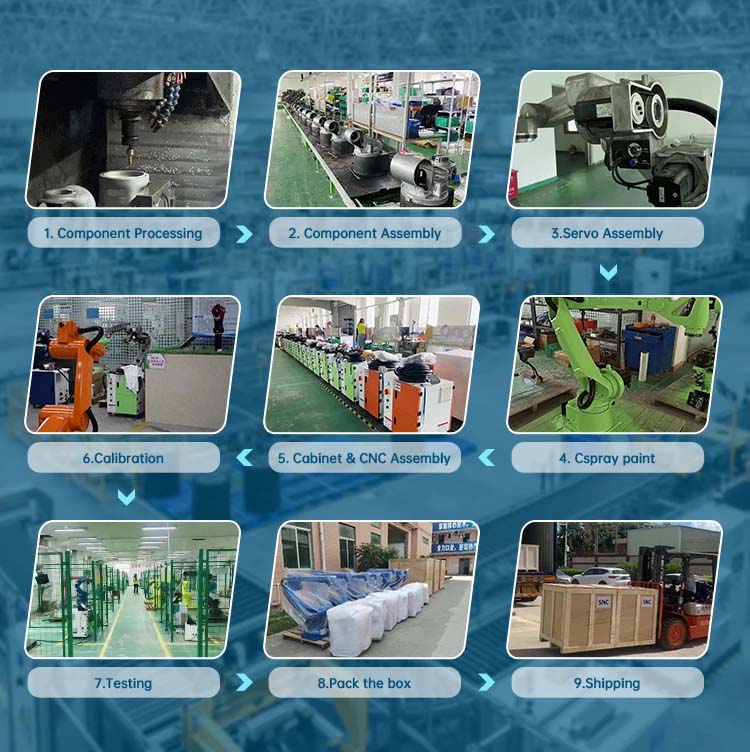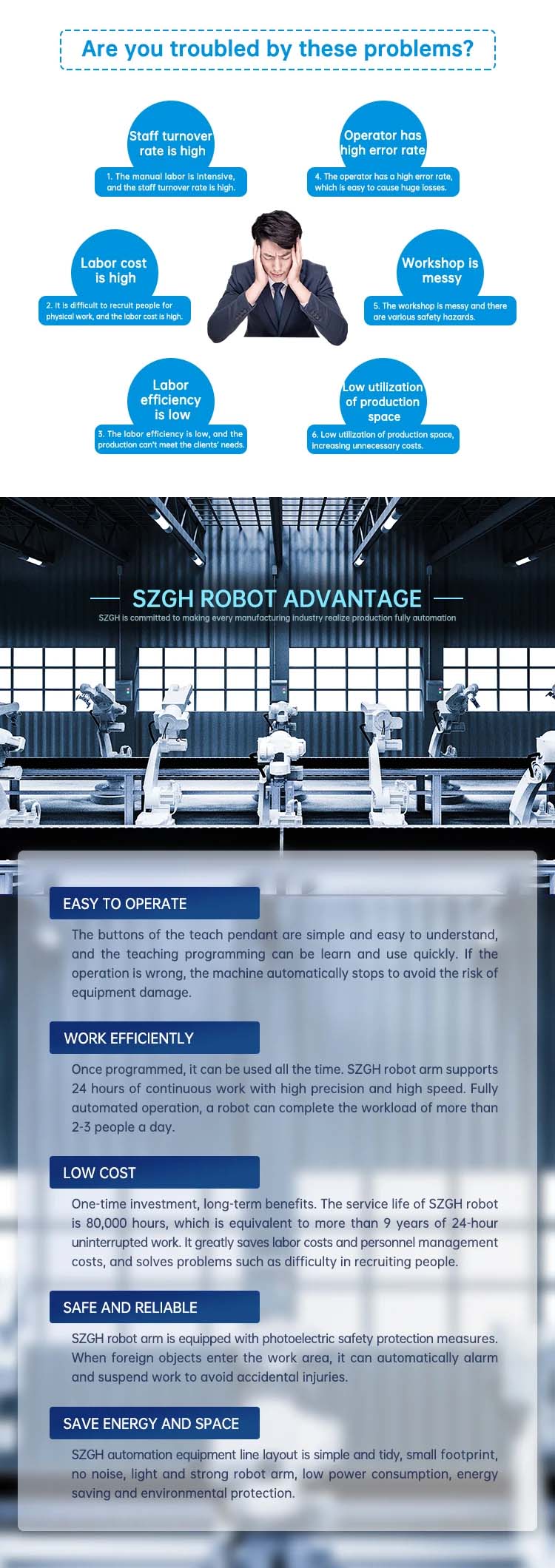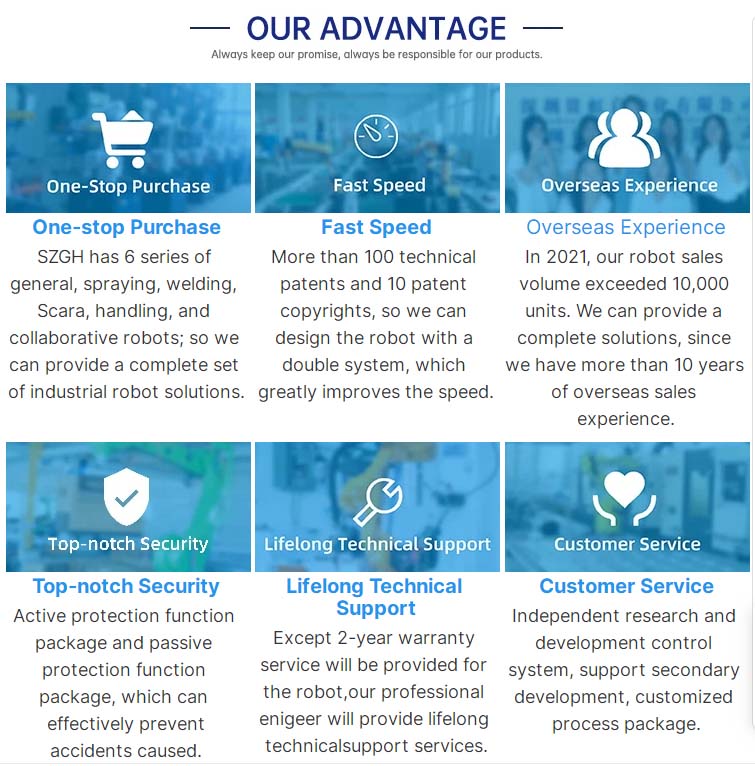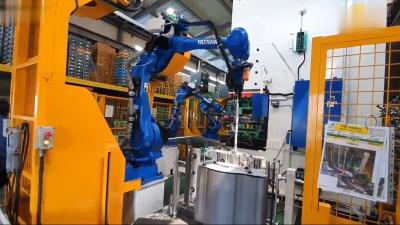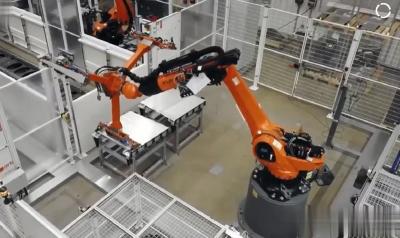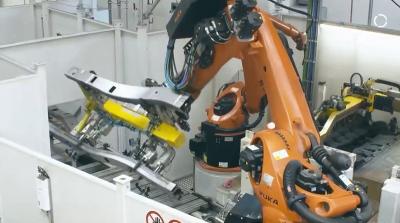Steel Industry Automation
Steel Industry Automation:
1,Increased productivity: Automation in the steel industry allows for faster and more efficient production processes, leading to higher output and increased productivity. This can help in meeting growing demands and reducing delivery times.
2,Improved quality control: Automation systems can ensure consistent quality control by monitoring and adjusting production parameters in real-time. This helps in reducing defects and ensuring that the final products meet the required specifications.
3,Enhanced safety: Automation reduces the need for manual labor in hazardous tasks, thereby minimizing the risk of accidents and injuries. It also provides advanced safety features, such as predictive maintenance, which helps in identifying and resolving issues before they become critical safety concerns.
Steel Industry Automation:
Steel Industry Automation has revolutionized the manufacturing process in various industries. DIY Hydraulic Arm, European Robotic Arm, and Epson SCARA Robot are three examples of advanced automation technologies that are enhancing productivity and efficiency in different sectors.
The DIY Hydraulic Arm is a versatile and cost-effective solution that can be customized as per specific requirements. It offers precise movement control and can handle heavy loads with ease, making it ideal for heavy-duty tasks in industries such as construction and manufacturing.
The European Robotic Arm is known for its exceptional accuracy and flexibility. It is widely used in the automotive industry for tasks like welding, painting, and assembly. Its advanced features enable seamless integration with existing production lines, which helps in streamlining operations.
The Epson SCARA Robot is renowned for its speed and precision. With its high-speed picking and placing capabilities, it is commonly used in the electronics and pharmaceutical industries. Its compact design enables it to be easily integrated into tight spaces, optimizing floor space utilization.
Overall, these automation technologies are transforming industries by increasing productivity, improving quality control, and enhancing worker safety. They provide cost-effective solutions and help businesses stay competitive in today's rapidly evolving market.


